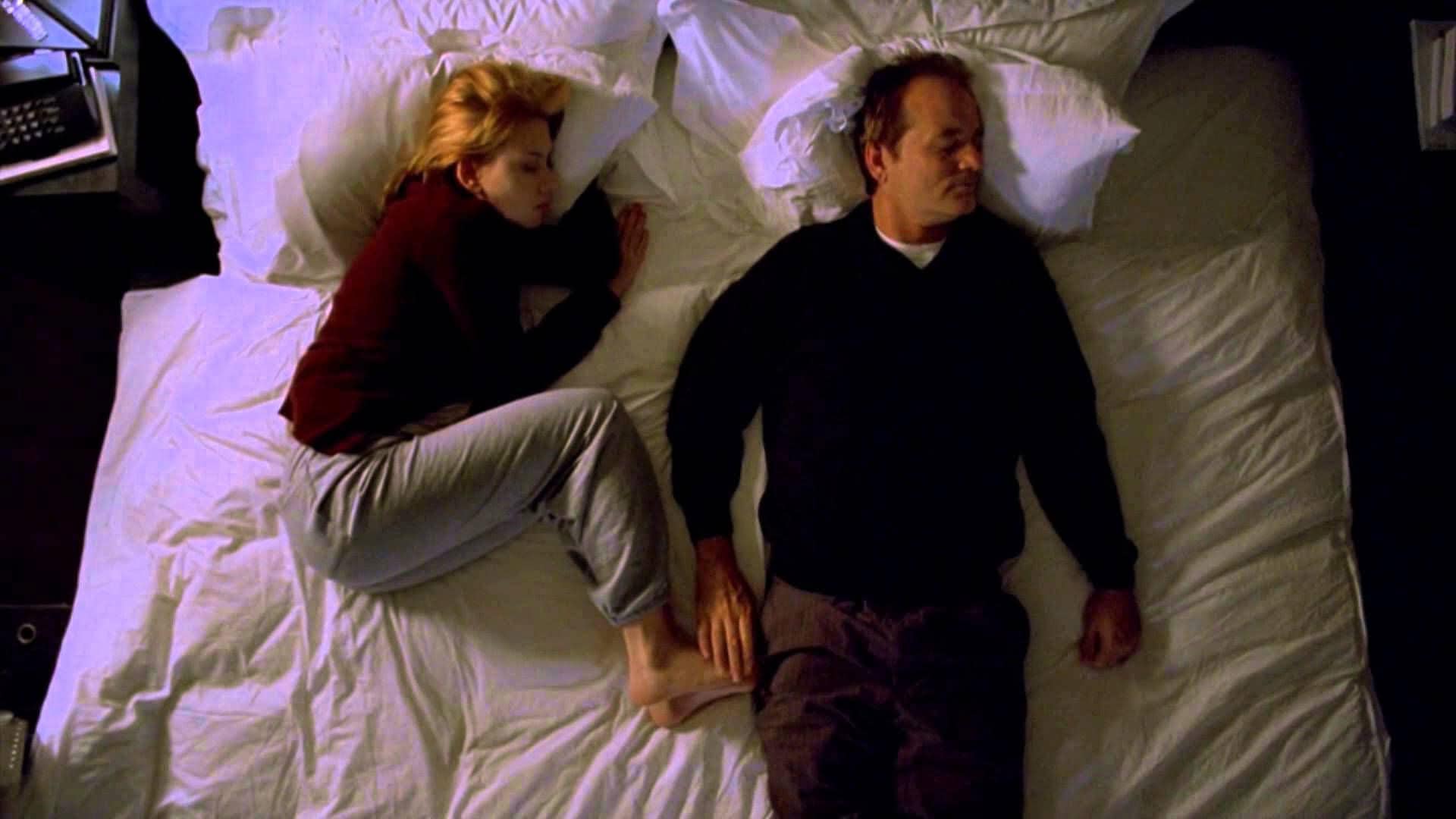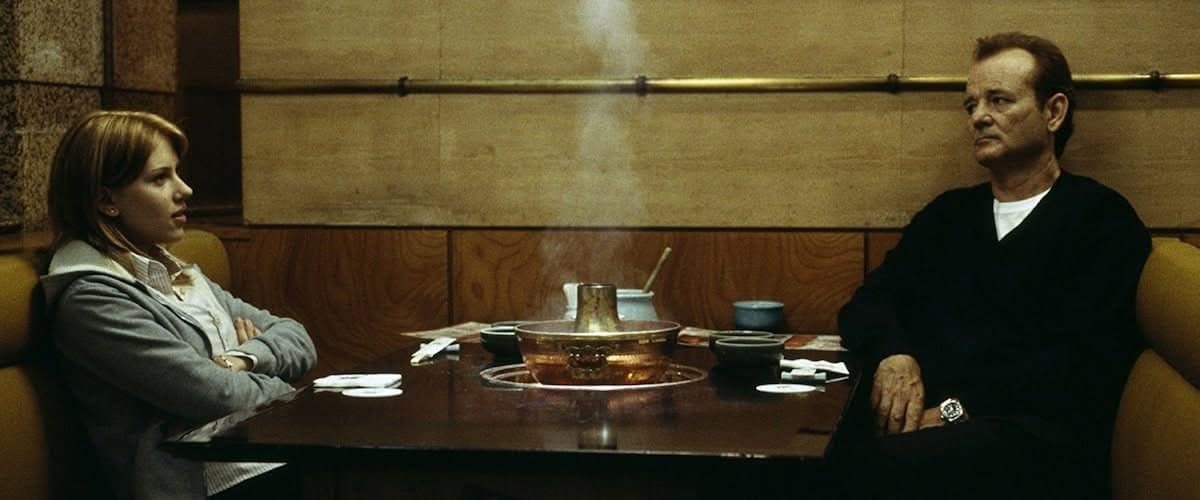Lost in translation (2003)

![]() Lost in translation (2003)
Lost in translation (2003)
Lost in Translation (2003) is a poignant and introspective film written and directed by Sofia Coppola. As her second feature film, following her debut with The Virgin Suicides (1999), Lost in Translation solidified Coppola’s unique voice in cinema. The film stars Bill Murray and Scarlett Johansson, two unlikely companions who form an emotional connection in the bustling metropolis of Tokyo. Through its understated narrative, brilliant performances, and atmospheric direction, Lost in Translation captures the quiet moments of human interaction, loneliness, and the longing for meaning in an often disorienting world.

The plot of Lost in Translation is deceptively simple: it centers on Bob Harris (Bill Murray), an aging American actor who is in Tokyo to shoot a whiskey commercial, and Charlotte (Scarlett Johansson), a young woman who accompanies her husband on a work trip. Bob, experiencing a mid-life crisis, feels disconnected from his surroundings and is struggling with his own sense of identity and purpose.  Charlotte, on the other hand, is newly married but feels emotionally distant from her husband, John (Giovanni Ribisi), and is grappling with the uncertainties of her life and her future. Both characters are lost in the vastness of Tokyo, both literally and metaphorically, as they navigate their own feelings of isolation and displacement.
Charlotte, on the other hand, is newly married but feels emotionally distant from her husband, John (Giovanni Ribisi), and is grappling with the uncertainties of her life and her future. Both characters are lost in the vastness of Tokyo, both literally and metaphorically, as they navigate their own feelings of isolation and displacement.
 Charlotte, on the other hand, is newly married but feels emotionally distant from her husband, John (Giovanni Ribisi), and is grappling with the uncertainties of her life and her future. Both characters are lost in the vastness of Tokyo, both literally and metaphorically, as they navigate their own feelings of isolation and displacement.
Charlotte, on the other hand, is newly married but feels emotionally distant from her husband, John (Giovanni Ribisi), and is grappling with the uncertainties of her life and her future. Both characters are lost in the vastness of Tokyo, both literally and metaphorically, as they navigate their own feelings of isolation and displacement.
The film’s title, Lost in Translation, is not just a reference to the language barrier between the two protagonists and the Japanese culture around them, but also to the deeper emotional and psychological disconnect that they experience in their personal lives. Both Bob and Charlotte find themselves in a foreign land, adrift in a sea of unfamiliar faces, sounds, and experiences. They are both in search of something meaningful—whether it is a sense of connection, understanding, or purpose—but they struggle to articulate their feelings, especially given the cultural and linguistic differences that separate them from those around them.












